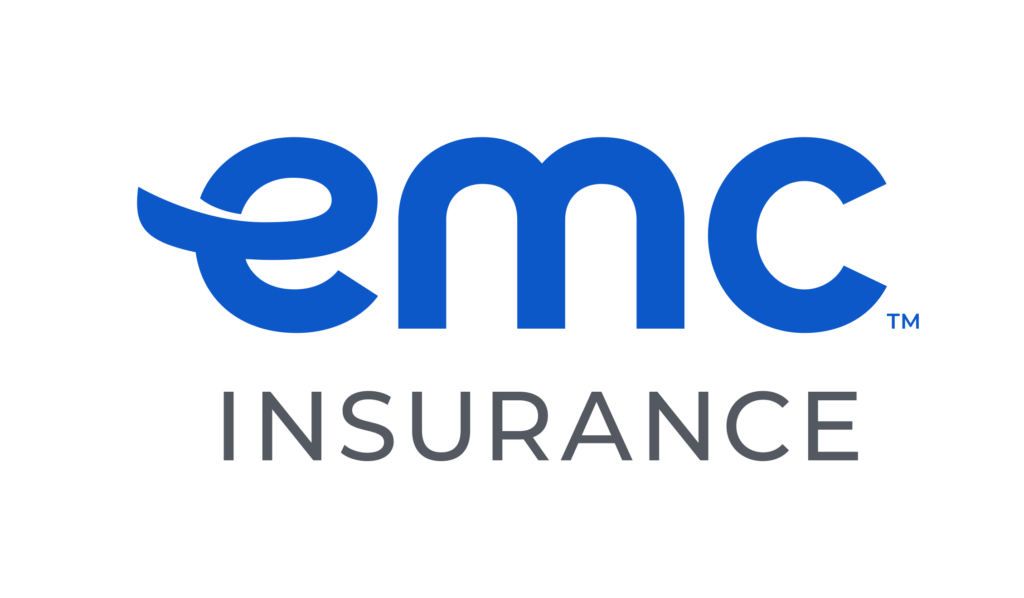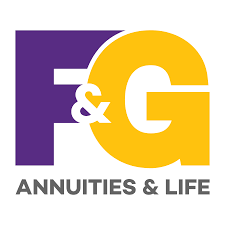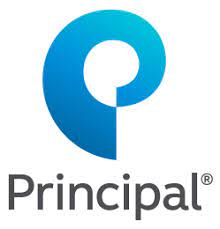Closer Look: Jeff Tyler

Was it hard to think about moving to the Midwest?
Oh, heck yeah! I mean, my kids and I were laughing, and this is no disrespect, but when we first started talking about it, we weren’t 100 percent sure where Iowa was on the map. … But my wife had given me a nudge to take the conversation (with Principal) seriously, because more and more, we were recognizing that San Francisco wasn’t introducing the kinds of values we wanted our kids exposed to.
What attracted you to Principal?
One thing I’ve found is that for the most part, each of the various firms, certainly the top-tier firms, all have their strengths. One of the things that’s nice about the Principal is that it has a very strong investment management capability in its own right, but it also has an open architecture that allows it to hire other managers and pass that on to clients. That is the best of both worlds, really.
Have target-date funds been a focus of yours for some time?
When Benham (Management International Inc.) and Twentieth Century (Cos.) merged in 1995, I was the head of fixed income at Benham, and I had just started a target-risk portfolio. I was tapped to really start the asset allocation department. In 1999, I went into my first exposure to target-date funds, with a 529 (college savings) fund. Then in 2003, we launched the LiveStrong portfolio, which was the real target-date portfolio.
How large is the team you work with?
In direct management of the fund, there are four or five of us. A couple of us focus strictly on the asset allocation perspective; there’s a couple of us that monitor the managers of the various components; and a couple of us just look at the broad macro stuff. When you look at the fund itself, we have 22 different strategies, and each of those separate strategies have teams of managers.
How do you view your role?
I liken it to a conductor of a symphony orchestra. My job is to make sure that all the musicians are playing from the same piece of music, that they’re on the right time, the right key so that when the end product comes out it actually sounds like Mozart and not some cacophony of trash collectors. And I’m making sure that the changing economic climate going forward are things that we’re paying attention to and that we’re adjusting the portfolios appropriately.
Your biggest career challenge?
I think my biggest career challenge so far has been to, both internally and externally, educate people about how retirement portfolios should be built and managed. There is so much conventional wisdom that looks in the rear-view mirror to see what worked, which is all well and good until it doesn’t.
Tell me about your hobbies.
We have two kids, so that’s a full-time job right there. My son will be a freshman at Dowling (Catholic High School); he’s just started football practice, and we’ve found they take football very seriously at Dowling. And I have a daughter who will be starting seventh grade. She loves to play the piano. My other hobby is doing triathlons. I’ve done eight ironmans, which always says something about my sanity. I’m going to do the Hy-Vee Triathlon, and then I’m doing Ironman Cozumel in November.
What have been the most unusual jobs you’ve had?
I’ve worked in an amusement park, on the kiddie rides. After eight hours of listening to kiddie music, you just wanted to kill yourself. And I worked in a tire store, changing tires. It was just unbelievably back-breaking work. It was one of those things that made me say, “I’ve got to be really good at school, because I do not want to do this.”











